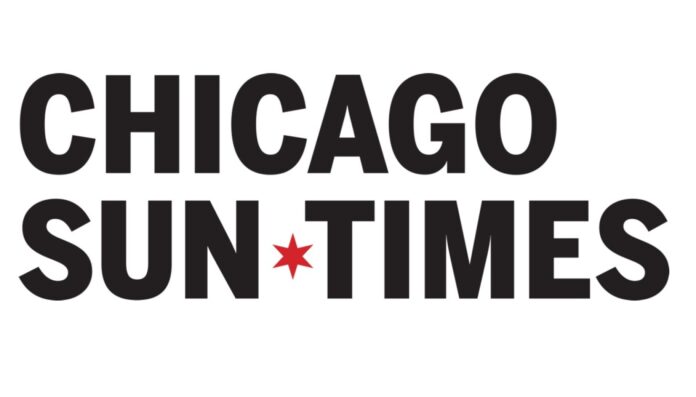According to a new analysis, Illinois faces the nation’s fifth-highest credit card debt burden, with an overall total surpassing $48 billion.
On average, Illinois households carry balances of over $10,000 — a situation compounded by pervasive marketing schemes that push rewards cards onto consumers, luring them deeper into debt through hidden fees and escalating interest rates.
Illinois’ challenges reflect a larger national trend in which Americans now collectively owe a record $1.14 trillion in credit card debt. But this debt crisis isn’t simply about consumer overspending.
Our financial system is increasingly tilted in favor of big banks that issue these credit cards, who profit at the expense of everyday Illinoisans struggling to keep up.
Through the aggressive marketing of products like luxury rewards cards, banks continue to promote credit as a means to attain lifestyle perks, despite knowing many consumers will struggle to repay balances.
And fueling those credit card perks is a hidden cost we all pay every time we buy something with a card — swipe fees.
Every credit card transaction results in the merchant paying fees to Visa and Mastercard ranging from 2% to 4% that are then passed on to consumers. These swipe fees hit Illinois residents in the form of higher prices, particularly as retailers are forced to pass down these costs to stay competitive. In fact, consumers pay $1,100 on average in swipe fee costs.
Companies like Visa and Mastercard use these swipe fees to pay for those credit card loyalty programs that, while appealing on the surface, encourage a cycle of spending and debt by promising perks like “free” travel, cash back and discounts at favorite stores.
The result? A cycle of debt points chasing that benefits the megabanks while putting Illinois consumers in financial strain. In fact, 2 of every 3 consumers still chase the very rewards cards that got them into debt in the first place.
It’s part of Visa and Mastercard’s plan to get consumers to unknowingly spend more by increasing their marketing budgets by millions. American Express alone announced it increased its $6 billion annual marketing budget in 2024 by $800 million.
What will a ‘gold’ card really cost you?
Most of this budget is likely used to advertise its high-fee credit cards that promise luxury lifestyles through points programs. These programs might sound appealing at first, but they are a key part of the problem.
For example, to unlock 100,000 membership rewards points from an American Express Gold card, consumers have to spend $6,000 in just six months — on top of an annual fee that exceeds $300. The real kicker? With every transaction, banks earn additional profit in swipe fees, which they pocket as profits while consumers and retailers shoulder the financial weight.
Worse, the burden of these swipe fees often falls hardest on low- and middle-income households, who may not have the financial flexibility to avoid carrying balances month to month. These households effectively subsidize rewards for more affluent cardholders who can pay off their balances in full. As prices rise to account for these fees, essentials like groceries and gas become harder to afford, trapping many in a vicious cycle of debt.
One particularly troubling trend of this cycle is its lack of transparency. The fees are largely invisible to consumers, allowing big banks to continue growing profits unchallenged. According to the Consumer Financial Protection Bureau, loyalty programs are designed with complex terms meant to keep consumers paying interest long after they’ve racked up rewards.
It’s clear that change is needed, and fortunately, Illinois has spearheaded a solution that protects both consumers and retailers. The Interchange Fee Prohibition Act, set to take effect July 2025, will prohibit credit card companies from charging swipe fees on sales taxes and tips every time consumers make a card purchase, offering financial relief to businesses and lower prices for consumers.
This is part of a larger bipartisan swipe fee reform initiative in Congress — the Credit Card Competition Act. By creating a system that encourages more competition in the credit card marketplace, in which Visa and Mastercard control 90% of the market, this legislation could reduce costs for retailers and consumers alike.
Consumers and policymakers can no longer ignore the broken system banks have sold us for years. Policies like Illinois’ and the proposal in Congress can help break the cycle of banking fee increases that has kept too many families on unstable financial ground. These actions can give Illinois — and the entire nation — a chance to build a more sustainable financial future.
Joe Kefauver is a senior adviser at Americans for a Modern Economy.
The views and opinions expressed by contributors are their own and do not necessarily reflect those of the Chicago Sun-Times or any of its affiliates.
The Sun-Times welcomes letters to the editor and op-eds. See our guidelines.
Get Opinions content delivered to your inbox.
